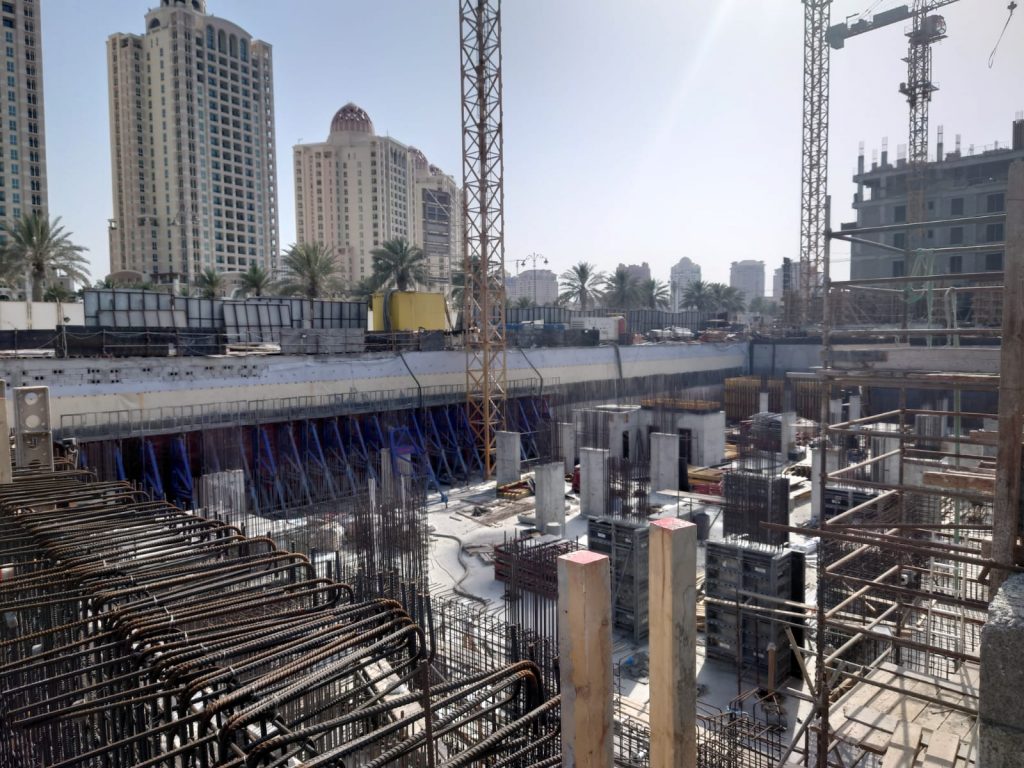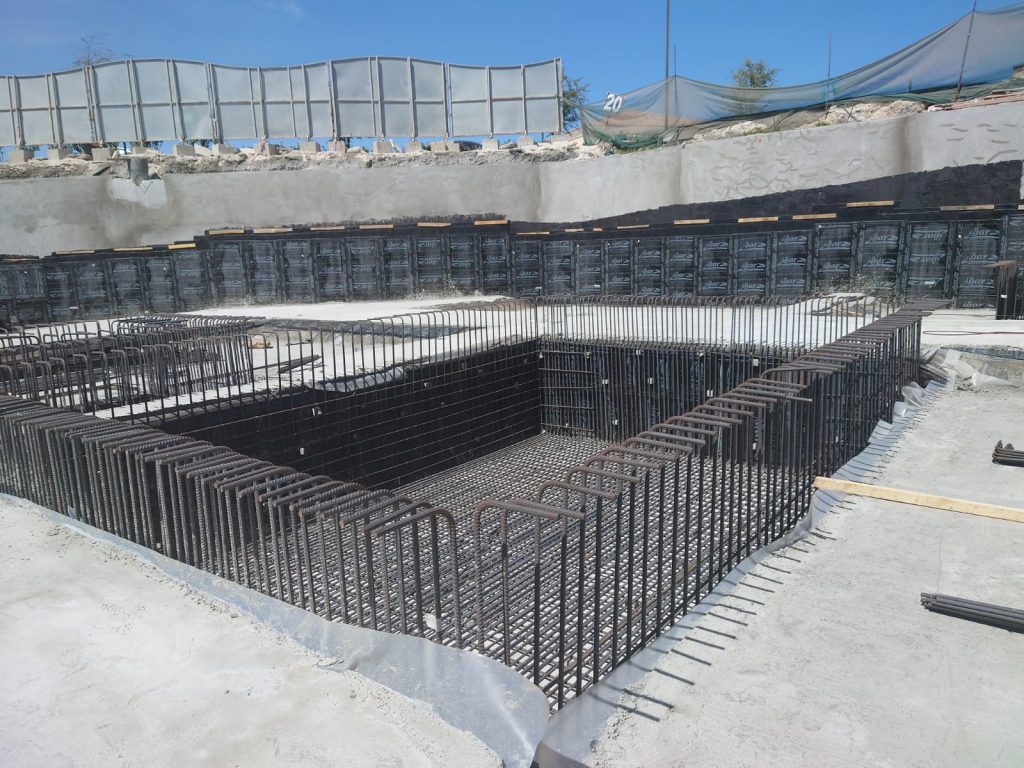Turnkey projects are becoming increasingly popular in the construction industry, offering a comprehensive approach where the contractor takes full responsibility from the initial design phase to the final handover. This method ensures that clients receive a fully functional and ready-to-use project. In this blog post, we will explore the key stages of turnkey project planning and share essential tips for achieving successful outcomes.

Initial Consultation and Feasibility Study
The first stage of any turnkey project is the initial consultation and feasibility study. This phase involves:
- Understanding Client Needs: Discussing the client’s requirements, vision, and expectations for the project.
- Site Analysis: Evaluating the site conditions, potential challenges, and opportunities.
- Feasibility Study: Conducting a detailed analysis to determine the project’s viability, including cost estimates, timelines, and potential risks.


Design and Planning
Once the feasibility study is complete, the design and planning phase begins. This stage includes:
- Conceptual Design: Developing initial design concepts that align with the client’s vision and project goals.
- Detailed Design: Creating detailed architectural, structural, and engineering plans.
- Permits and Approvals: Obtaining necessary permits and approvals from local authorities to ensure compliance with regulations.
Cost Estimation and Budgeting
Accurate cost estimation and budgeting are crucial for the success of any turnkey project. This phase involves:
- Detailed Cost Breakdown: Providing a comprehensive cost breakdown for all project components.
- Budget Planning: Establishing a realistic budget that covers all expenses, including contingency funds for unforeseen costs.
- Value Engineering: Identifying cost-saving opportunities without compromising on quality or functionality.
Procurement and Contracting
In this phase, all necessary materials, equipment, and services are procured. Key steps include:
- Supplier Selection: Identifying and selecting reliable suppliers and subcontractors.
- Contract Negotiation: Negotiating contracts to ensure favorable terms and conditions.
- Logistics Planning: Coordinating the timely delivery of materials and equipment to the project site.

Construction and Execution
The construction phase is where the project takes shape. It involves:
- Site Preparation: Clearing and preparing the site for construction activities.
- Project Management: Overseeing all construction activities, ensuring adherence to the project schedule and budget.
- Quality Control: Implementing rigorous quality control measures to ensure the highest standards are met.
Testing and Commissioning
Before the project is handed over to the client, thorough testing and commissioning are conducted. This stage includes:
- System Testing: Testing all mechanical, electrical, and plumbing systems to ensure they are functioning correctly.
- Inspections: Conducting final inspections to verify that all aspects of the project meet the required standards.
- Client Training: Providing training to the client on how to operate and maintain the new facilities.
Handover and Post-Completion Support
The final stage of a turnkey project is the handover and post-completion support. This phase involves:
- Project Handover: Officially handing over the completed project to the client, including all documentation and warranties.
- Post-Completion Support: Offering ongoing support and maintenance services to ensure the project’s long-term success.
- Client Feedback: Gathering feedback from the client to assess satisfaction and identify areas for improvement.
Tips for Successful Turnkey Projects
- Clear Communication: Maintain open and transparent communication with all stakeholders throughout the project.
- Detailed Planning: Invest time in thorough planning and preparation to minimize risks and avoid delays.
- Experienced Team: Assemble a team of skilled professionals with expertise in turnkey project management.
- Quality Assurance: Implement stringent quality control measures at every stage of the project.
- Flexibility: Be prepared to adapt to changes and address unforeseen challenges promptly.
Conclusion
Turnkey project planning is a comprehensive and efficient approach to delivering fully functional projects. By following these stages and tips, you can ensure the successful completion of your turnkey projects, meeting client expectations and achieving project goals. At Red White Sky Trading & Construction W.L.L, we specialize in turnkey project planning and execution, providing our clients with seamless and stress-free project experiences.
For more information on our turnkey project services or to discuss your next project, contact us today.

